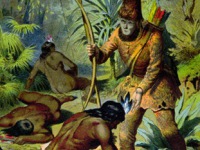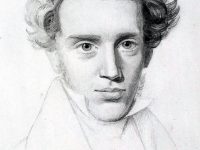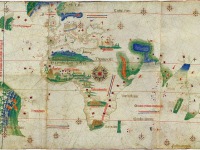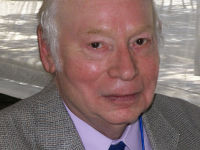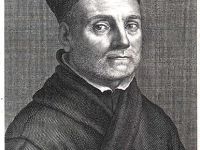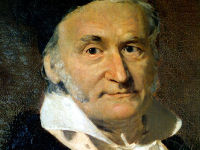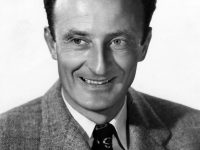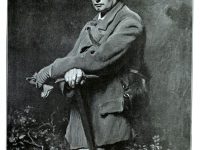The Incredible Story of Robinson Crusoe
On May, 6, 1719 (julian calendar, April 25), Daniel Defoe‘s famous novel ‘Robinson Crusoe‘ was published under the title ‘The Life and Strange Surprizing Adventures of Robinson Crusoe, of York, Mariner: Who lived Eight and Twenty Years, all alone in an un-inhabited Island on the Coast of America, near the Mouth of the Great River of Oroonoque; Having been cast on Shore by Shipwreck, wherein all the Men perished but himself. With…
Read more











